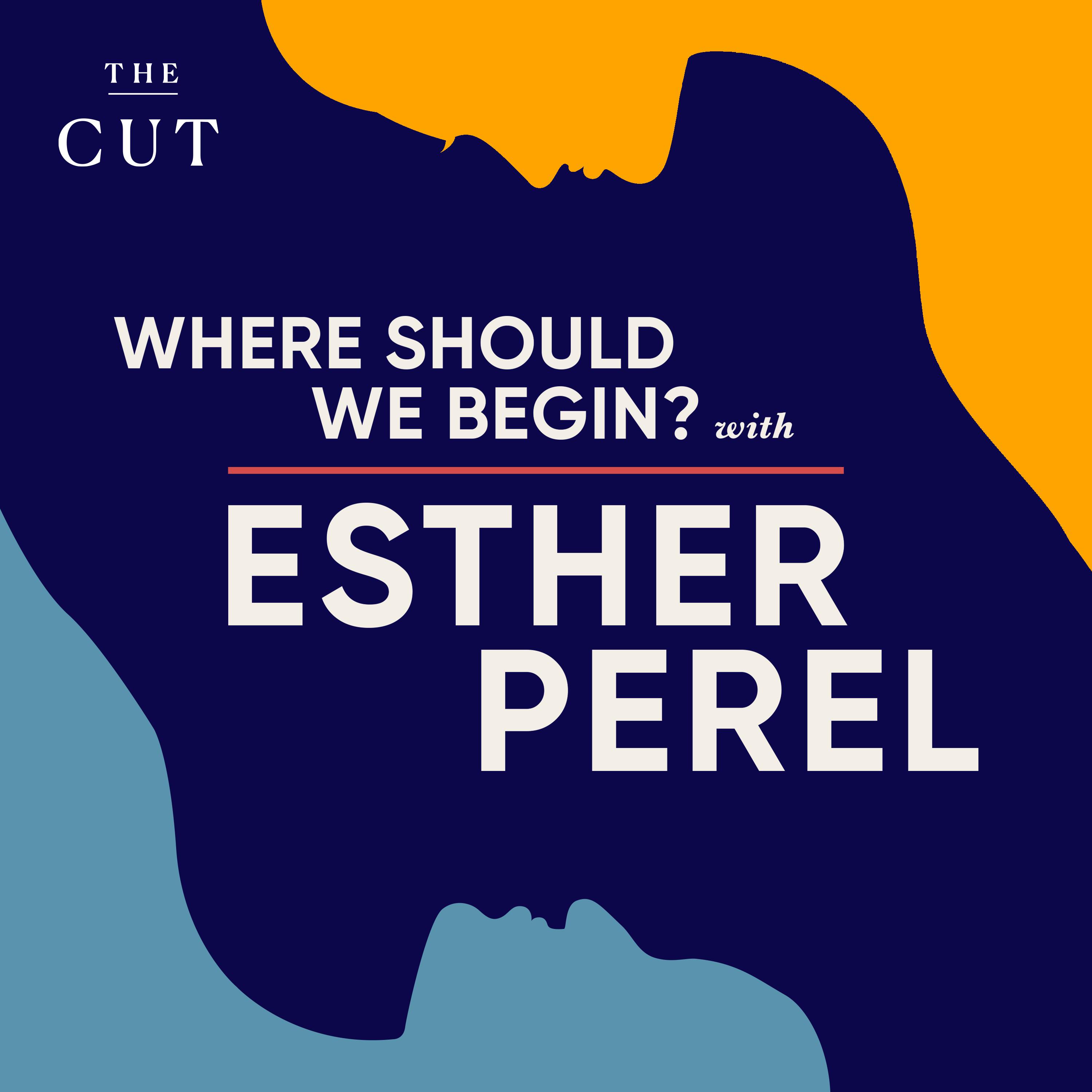
Esther Calling - Grief is Like a Fingerprint

Where Should We Begin? with Esther Perel
Deep Dive
Why is grief so confusing and why does it bring out both the best and the worst in people?
Grief is confusing because it brings out a range of emotions, from the best, such as heightened sensitivity and empathy, to the worst, like contempt and anger. This is because grief puts us in touch with the extremes of human emotion, reflecting the deep love and loss we experience. It can also make us feel isolated and misunderstood, leading to negative feelings towards others who seem to be living 'normal' lives.
Why do people sometimes feel a need to make their grief seem more significant than others'?
People may feel a need to make their grief seem more significant because they want their pain to be acknowledged and validated. This can stem from a deep sense of loss and a desire for others to understand the magnitude of their suffering. However, this can also lead to feelings of isolation and a sense of competition over who has suffered more.
Why is it important to have rituals for mourning and celebrating the life of a loved one?
Rituals are important because they provide a structured way to acknowledge and process grief. They help to celebrate the life of the loved one, give meaning to their absence, and create a sense of community and support. Rituals can also serve as a way to mark the passage of time and to honor the memory of the person who has died, allowing family and friends to come together and share their experiences.
Why do people sometimes feel angry or contemptuous towards others during their grief?
People may feel angry or contemptuous towards others during their grief because they are dealing with intense emotions and a sense of injustice. Anger can be a natural response to the unfairness of loss, and contempt can arise when others seem to be living normal lives or offer well-meaning but unhelpful advice. These feelings are a part of the grieving process and can help individuals process their pain, even though they may be uncomfortable or embarrassing.
Why is it important to allow different expressions of grief within a family?
It is important to allow different expressions of grief within a family because each person's experience of loss is unique. Some may want to talk about the deceased, while others may prefer to focus on the future. These different approaches are valid and necessary for the family to navigate the complexities of grief together. By acknowledging and respecting these differences, family members can support each other and avoid judgment, fostering a more healing environment.
Shownotes Transcript
This episode contains discussions of a death by suicide. Please take care listening.
Recently, on Where Should We Begin, we've been focusing on the things we sweep under the rug in our relationships—conversations that we have a hard time having with ourselves let alone with others. This week, Esther talks to a woman stricken with grief--one year ago, her sister and father died in quick succession. Her remaining family was torn apart and she feels left to pick up the pieces on her own. Esther walks her through how to make space for the immeasurable grief.
If you have an individual question you would like to talk through with Esther, please send a voice memo to [email protected]. If you would like to apply for a couples session with Esther, please click here: https://bit.ly/40fGHIU.
Esther’s two new courses on desire are now available inside The Desire Bundle. Go to https://www.estherperel.com/course-bundles/the-desire-bundle to learn more about Bringing Desire Back and Playing with Desire.
Want to learn more? Receive monthly insights, musings, and recommendations to improve your relational intelligence via email from Esther: https://www.estherperel.com/newsletter)
Learn more about your ad choices. Visit podcastchoices.com/adchoices)